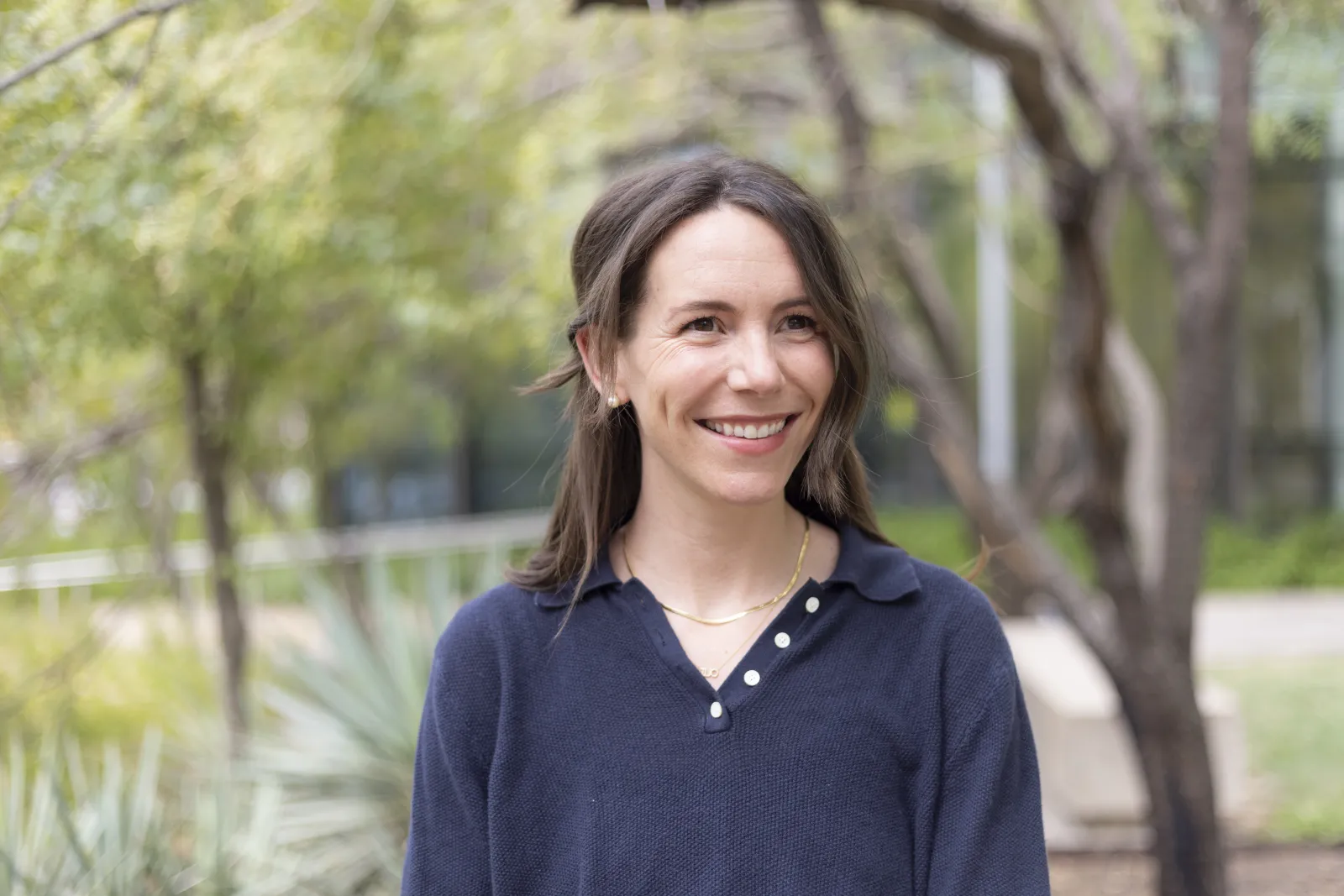UT Austin assistant professor appointed to expert panel on artificial intelligence

A University of Texas at Austin assistant professor has been recognized with a significant academic honor as she was named this month to a panel of experts who will explore the future of artificial intelligence on society.
Moody College of Communication Communication Studies Assistant Professor Samantha Shorey will join the AI100 study panel, which includes AI experts from around the world with expertise in areas such as computer science, sociology, ethics, and economics.
Led by an independent panel of international experts and administered by the Stanford Institute for Human-Centered Artificial Intelligence, it is charged with writing a report every five years exploring the state of artificial intelligence and its influences on society.
“This is an incredible honor to be working alongside so many scholars who I have read and looked to their research for so long,” Shorey said. “The folks that are on the committee are the kinds of people I would be honored to be on a call with for 10 minutes, and now I get to work alongside them. They are titans in their field.”
Shorey joins the study panel after winning an AI100 essay competition that asked respondents to comment on the previous reports and offer perspectives on the future of AI. There were over 50 applicants from 18 countries.
In her winning essay, Shorey addresses the complexity of integrating AI into the workplace, which isn’t a seamless process and requires significant contributions from the essential workers who use the technology, including overseeing, troubleshooting and other interventions that designers don’t anticipate — and they are rarely, if ever, compensated for the extra work.
“Essential workers are dually impacted by AI,” she writes. “They are the people most likely to be tasked with managing AI’s initial inadequacies and most likely to be displaced when AI’s capabilities are fully realized.”
UT Austin Computer Science Professor Peter Stone, who was chair of the first AI100 study panel and until recently chair of the standing committee, said the issues Shorey raised in her essay are crucial to consider as the AI100 team writes its next report in 2026.
“I think it is very important to recognize that there is human labor and human efforts that go into creating AI models, and the effect on workers is very real,” he said.
AI100 has not yet announced the topic for the 2026 report. The 2016 report looked at the effects of AI on urban centers, including transportation, healthcare, education and public safety. The 2021 report addressed the major risks and dangers of AI, its effects on society, and public perception.
